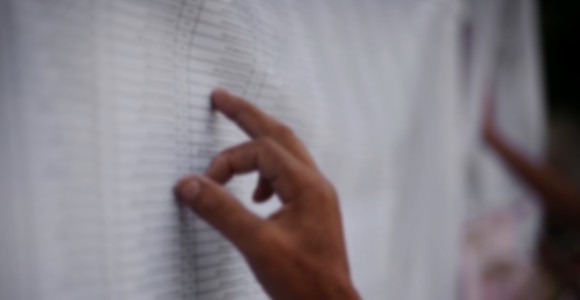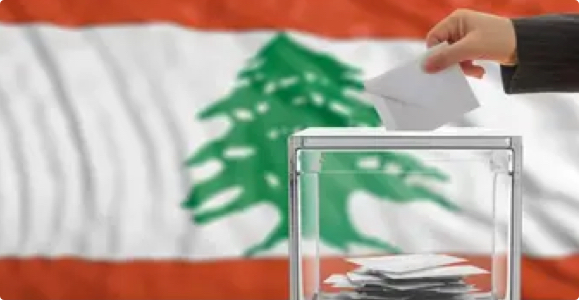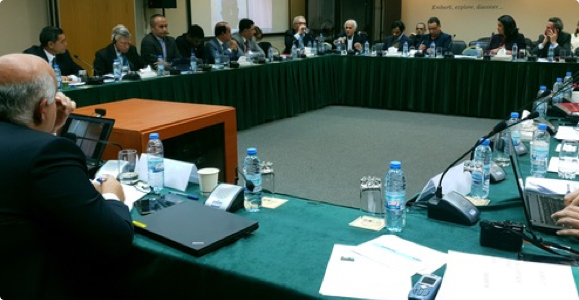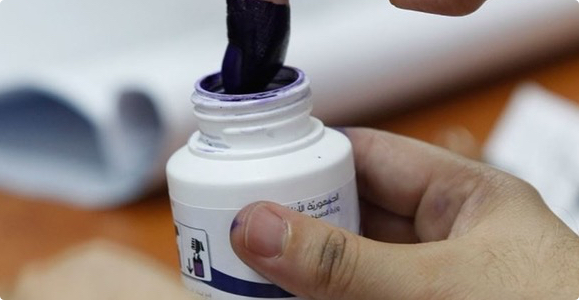UNESCO Street, UNESCO 4191 Building Block A 7th Floor, Beirut Phone number: +961 1 808912/13
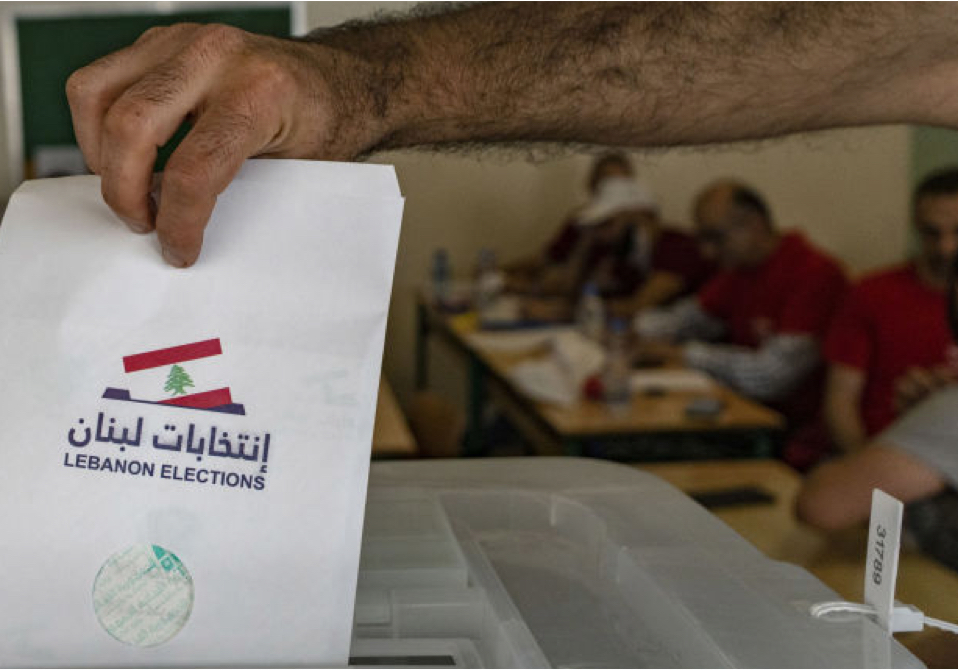
الشبكة العربية لديمقراطية الانتخابات هي مجموعة من المنظمات العربية غير الحكومية
تهدف إلى تحسين العملية الانتخابية وتعزيز الشفافية والقيم الديمقراطية وحقوق الإنسان في الدول العربية. اجتمعت هذه المنظمات من مجموعة دول عربية، هي الأردن والبحرين وتونس والسعودية والسودان والعراق وفلسطين والكويت ولبنان ومصر والمغرب وموريتانيا واليمن، لتشكّل الشبكة العربية لديمقراطية الانتخابات.
المنشورات / الأبحاث

قوانين الإنتخاب في الدول العربية
الكويت
البحرين
مصر
العراق
الأردن
لبنان
أحدث الأخبار


 تنزيل الملف
تنزيل الملف 
.png)
.png)


